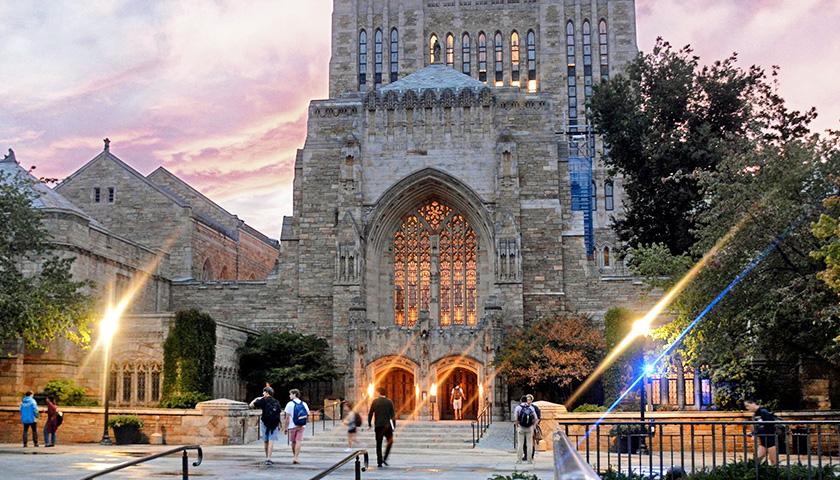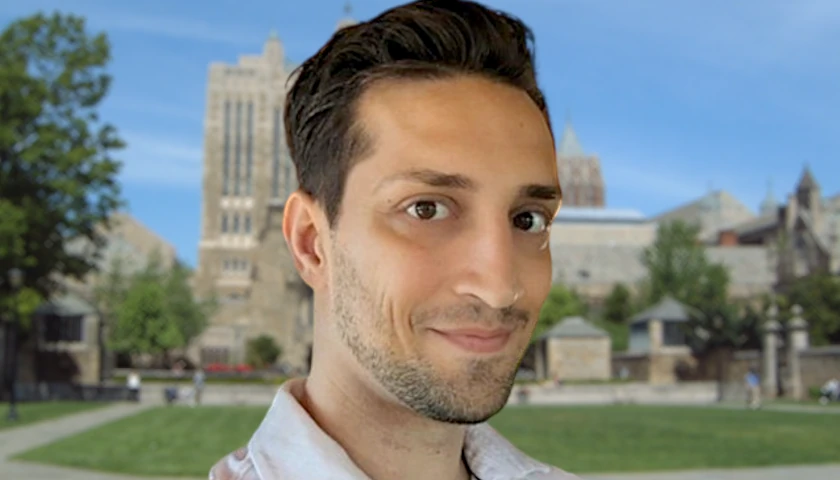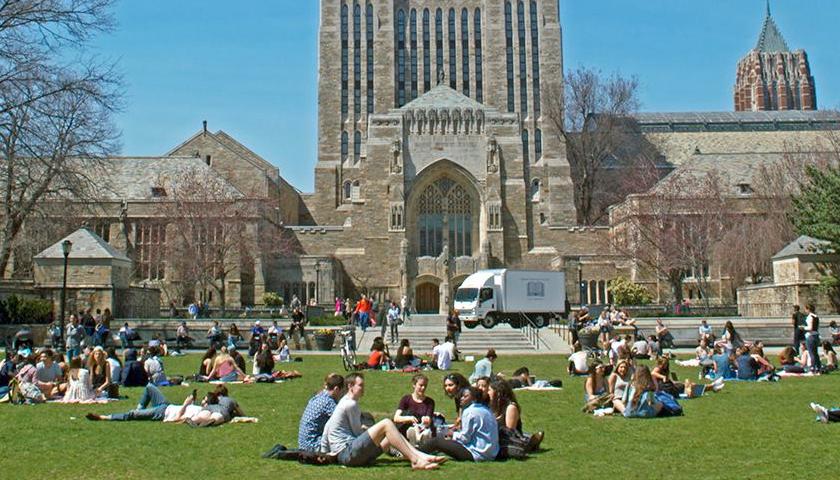by Christian Wade
Connecticut lawmakers are considering a proposal that would authorize local governments to tax the endowments of private universities and colleges.
The proposal, which is pending before the Legislature’s Committee on Planning and Development, is the latest effort by Democratic lawmakers to tap into multi-billion dollar private endowments to divert more money to cities and towns that host sprawling private higher education campuses and facilities.
Driving the effort are labor unions who argue Yale University, Wesleyan and other elite schools should be providing more money to the communities where they are located.
“Taxing university endowment funds is a practical step towards fixing the ‘revenue gap’ that results when their properties go untaxed,” Emily McEvoy, a coordinator with the Service Employees International Union Local 1199, said in testimony. “Why are universities off the hook for contributing to the public good in the same way the working people do?”
Leslie Blatteau, president of the New Haven Federation of Teachers, said taxing Yale would provide an estimated $190 million a year for the city that could be used to reduce property taxes and provide more money for public schools. She argued the Ivy League school can afford to contribute more money to the local economy.
“Private universities like Yale are reporting record profits during the pandemic, while most families were struggling like never before,” Blatteau said in testimony. “Despite Yale’s unprecedented wealth, Yale does not pay taxes towards the City of New Haven. It’s time that Yale starts doing their part within the city.”
Not surprisingly, the proposal is strongly opposed by the state’s private colleges and universities, who argue they provide critical public services that should be tax exempt.
In a statement opposing the plan, Yale University said the proposed legislation would “take resources away” from colleges and universities at a time of increasing global economic competition for research, and siphon money that in some cases is “legally restricted to be used for specific purposes, such as faculty salaries, libraries, or student aid.”
“It is incongruous for the state to call for greater investment in workforce development and human capital and, at the same time, to consider taxing institutions with exemplary records on graduation rates and job placement of graduates,” the university’s statement said.
Yale said revenue from its $43 billion endowment is the largest source of income for the university, or 32% of total operating revenue. The university noted it is the largest employer in New Haven, where its main campus is located, and provides a $23 million annual payment to the city, while contributing $7 billion to the state’s economy.
The benefits of the charitable gifts that comprise Yale’s endowment are evident throughout Yale,” the university said. “They are the foundation for the many ways Yale contributes to a better New Haven and a better Connecticut.”
Private college endowments are funded by charitable donations, and the money is often used for student financial aid, research and campus improvements, among other expenses.
The 2017 Tax Cuts and Jobs Act imposed a 1.4% tax on investment income at private colleges with at least 500 students and endowments valued at $500,000 per student. At least 40 institutions pay the tax, according to the Treasury Department.
Harvard University and others have lobbied Congress to roll back the tax, arguing endowments are crucial for funding student aid programs and help provide support for low income students.
– – –
Christian Wade is a contributor to The Center Square.
Photo “Yale University” by Yale University.





